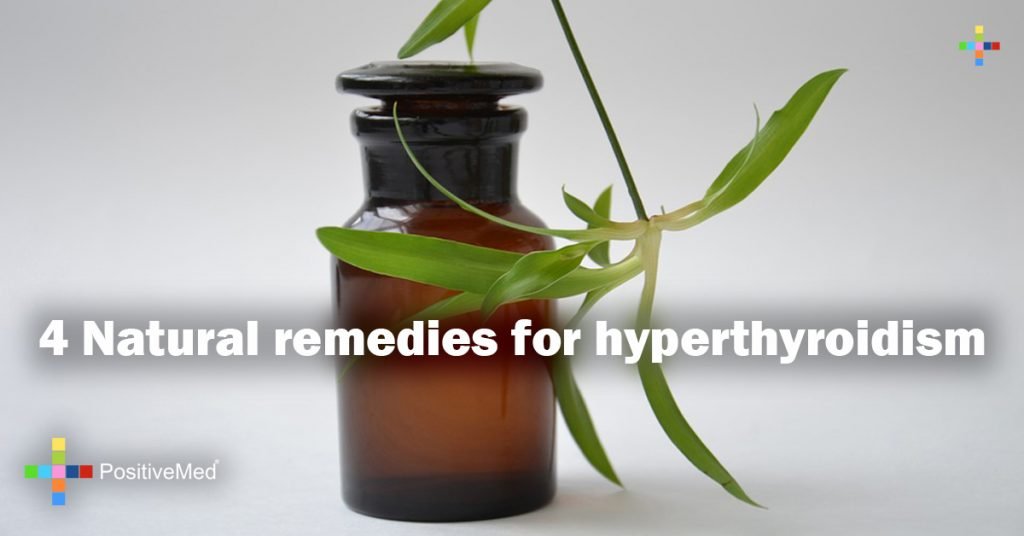
Hyperthyroidism means an overactive thyroid, or that the thyroid gland begins secreting large amounts of thyroid hormones, a condition in which your thyroid gland produces too much of the hormone thyroxine. Hyperthyroidism can accelerate your body’s metabolism significantly causing sudden weight loss, a rapid or irregular heartbeat, sweating, and nervousness or irritability.The most common causes for hyperthyroidism are a chronically inflamed thyroid (thyroiditis) and an autoimmune condition called Graves Disease. Both inflammatory and auto-immune disorders are caused by an over-active and under-coordinated immune system.
Supplement your diet
If you’ve lost a great deal of weight or experienced muscle wasting, you may benefit from adding extra calories and protein to your diet.
Treatment for hyperthyroidism can contribute to excessive weight gain. It’s important to learn how to get as much nutrition as possible from your food without eating a lot of extra calories, also eating the correct amount of sodium and calcium are important dietary considerations for people with hyperthyroidism.
Get enough calcium and vitamin DHyperthyroidism may contribute to thinning bones, getting enough calcium every day is important to help prevent osteoporosis.
Recommended Diet for HyperthyroidismA meal plan for those with hyperthyroidism should consist of foods high in protein, B vitamins, and iron; like whole grains and fresh vegetables. Add antioxidant rich foods to your diet including blueberries, cherries, tomatoes, squash, and bell peppers.
Foods to Avoid for Those with Hyperthyroidism

Limit your intake of iodized salt, kelp, seafood, sea salt, and some dairy products. Refrain from lunch meat and red meat as much as possible, and avoid refined foods like white bread, pasta, and sugar. Instead of using high fat cooking oils switch to olive or vegetable oil. Eliminate trans fatty acids in commercially cooked foods, this includes onion rings, french fries, donuts, and margarine.
Edited 8/21/14 SCD









